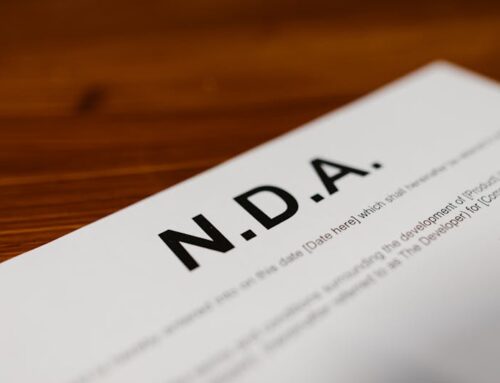Selling your company is almost always an asset sale. So one of the discussions I always have with owners is about understanding and paying off debt when you sell.
Getting your financials in order is part of getting ready to sell, of course, and a buyer must have a clear understanding of any outstanding debt or loans before the final sale price is negotiated. It may be more complex than it seems at first glance. A good example is the SBA loans many companies took out during the pandemic; it may take longer to get payoff information from the government, so sellers may need to get started early on getting the documentation.
Other debts that must be resolved before you sell are equipment and vehicle loans. I’ve met some owners who just assumed that the loan payments would just be transferred to the new owner, but that’s not the case. You’re transferring the title to any vehicles to the new owner, and that can’t be done while the bank still holds the title.
When you lease or finance a piece of equipment, lessors will lodge a security interest against you on the Personal Property Securities Registry (PPSR). The PPSR is a place where lessors and others can show that someone has rented or financed equipment that has ongoing payment obligations. This registration makes it easier for the lessor to take back the equipment if you breach the agreement and stop making payments to them. This registration is also known as an encumbrance.
You’ll need to get the approval of the leasing company to transfer the lease payments to the new owner. Depending on the terms of the lease, you may have to pay out or terminate the contract before you can transfer the equipment in the sale. You’ll need your accountant or other professional to be absolutely certain you understand the lease terms. Most sales contracts call for assets to be transferred without any encumbrances. If you aren’t careful, you risk breaching the lease agreement or the actual sale agreement for your business. It could be a costly complication.
I recommend that a seller document the debts and loans he has accumulated, and make a detailed plan for paying them off. The details will need to be included in the sales agreement. When the closing is scheduled, the seller can ask for payoff letters on the loans, so you’ll know the exact amount due on the day of closing. It doesn’t make sense to use cash to pay off loans in advance of the closing; if something changes, the closing may be delayed or even called off, so you’ll have altered your cash flow for nothing.
Paying off the debt from the closing proceeds has other advantages. The payoffs are deducted from your profit, so they’re also deducted from the capital gains tax you’ll owe. It’s also a much cleaner process than using (taxable) income before the sale to pay them off, then taking a number of business tax deductions at the end of the year.
If I can help you understand how your loans and debts may impact your sale, contact me here.







